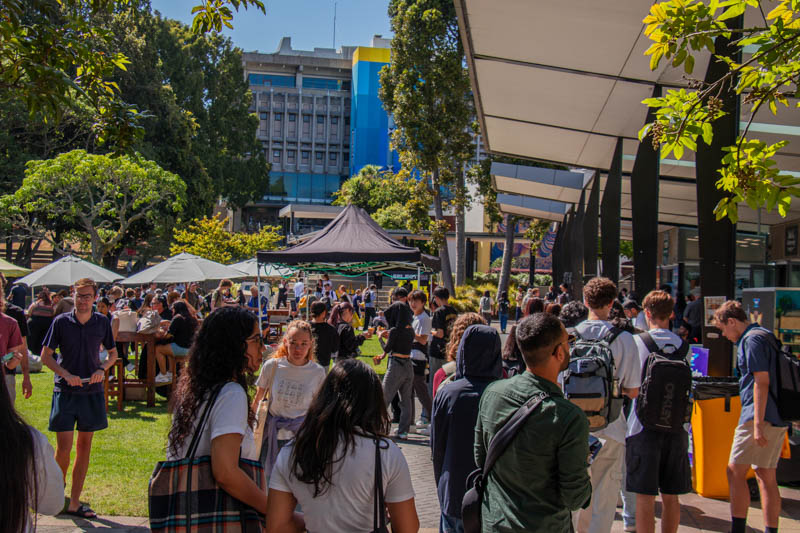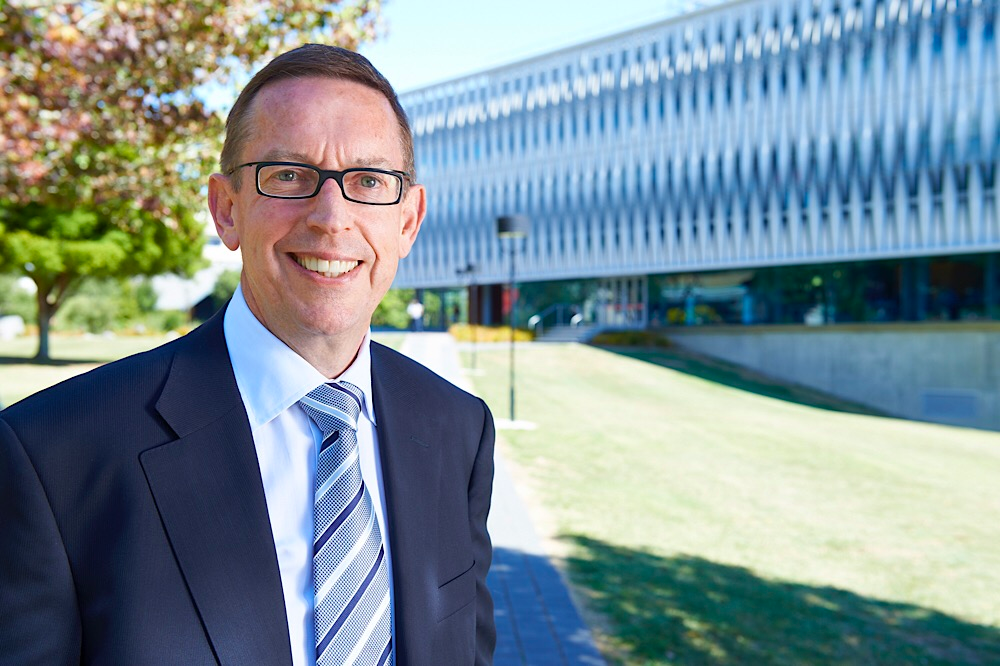

The Tertiary Education Commission (TEC) is suggesting that some academic institutions shouldn’t rely on cashing as big a cheque unless the institutions start delivering results.
The commission’s annual guidance to institutions said they should not assume their funding would increase or even be maintained next year.
“Total funding available for Vote Tertiary Education will be limited and we will need to reprioritise our investment in a fiscally constrained environment. This will mean disinvesting from lower-performing and/or some non-priority provision to ensure funding is directed towards the government’s priority areas.”
“When planning for 2026, you should not assume your funding will be increased or maintained. We expect you to reprioritise your funding, where relevant, to respond to our priorities,” the guidance said.
This may sound alarming, particularly for those Universities that have a Vice-Chancellor with an Arts background, but we are bringing an Economist to a nerd-money fight. Say what you will about Vice-Chancelor Professor Neil Quigley, and for the record we have (everything from Adult Harry Potter to knock off John Oliver. We even made fun of him for playing Softball at University), but he thinks we are probably going to be fine.
“The University has strong financial management, and we are in good shape. We are comfortable with how enrolments are tracking against our Investment Plan objectives (that is, the ministry-funded enrolment targets set between the University and TEC)” Quigley said.
“The University’s financial modelling covers scenarios that include changes in TEC policy, the potential for some domestic EFTS to not be supported by Government funding, and the termination of the 4% top-up funding. All of these scenarios require that we continue to take a financial prudent approach to our operations, but none require a change to our current strategy or major changes to our operations.”
“We will be keeping a close eye on enrolments as the year progresses and will continue talking with the TEC as we get closer to B Trimester. “
In non-economist terms what we think he is saying is effectively, we planned for this. We didn’t go down to the pokies at the Hilly; nothing is on Afterpay, we even cut the GE Card up. If we don’t do anything crazy, we don’t care what the TEC do because our backup plans have (financially prudent) back up plans. Putting aside the fact that this could be the worst flex anyone has ever committed to paper and Kendrick would struggle to put it to a beat the reality is that Quigley seems eerily, almost disarmingly confident.
Even as the TEC Guidance warned that course and qualification completion rates needed to improve.
The government’s higher education priorities included science, technology, engineering and maths (STEM), health, and teacher education as well as qualifications for the food and fibre, and construction and infrastructure industries.
The guidance states that “Workforce demands span STEM disciplines including software engineering (eg, safety-critical software, signal processing, autonomous operations), avionics/electronic engineering (eg, remote sensing systems, communication systems, radar engineering), rocketry, and test and evaluation/quality assurance. Including space topics or courses in areas of existing educational strengths (eg, biotechnology) will also support maturing the domestic sector,”
Unfortunately, one actual scientist suggested that it was unrealistic and looked more like “applied science” which we think is scientist for ‘get on my level bitch!’

Universities New Zealand chief executive Chris Whelan said the guidance sent a clear signal, but universities were not sure how it would play out.
“What’s on the plan guidance signals a direction, but it doesn’t provide very clear rules. We know that there will be conversations, we don’t know yet the detail of how those conversations are going to go,” he said.
Then it hit us. As we were busy pondering over our financial future and the quotes from Professor Quigley the University released another email, this time to a much wider network than Nexus. That media release was titled “Waikato welcomes record international and school-leaver cohorts in 2025”.
It turns out that the VC wasn’t all that worried because just like Nexus, Waikato Uni is back. The unabashed confidence of the response was just a proud softball pitcher balling out.
The University has 14% growth on last year’s EFTS and 45% growth on pre-pandemic 2019. Those are pyramid scheme numbers and if we didn’t notice the longer queues in Sue’s Cafe, we may not have believed them. We don’t know if a university can have a glow up but if it can then we want it on record that we are saying ‘Suck it Massey!’
Professor Quigly even went humble stating “This success reflects strongly on the efforts of our staff and our reputation as a provider of world-class education.”
We reached out to friend of Nexus, WSU President Temepara Smith who refused to comment but subtlety inferred that the University EFTS are showing we are more popular than ever, there are never any leftover Nexus on stands, and you can get a $7 Burger from the Don… All of which indisputably happened in the first three months of his Presidency.
News4 months ago
News4 months ago
Columns4 months ago
Columns4 months ago
Columns4 months ago
Columns6 months ago
Columns4 months ago
Columns4 months ago
Columns4 months ago
Columns6 months ago